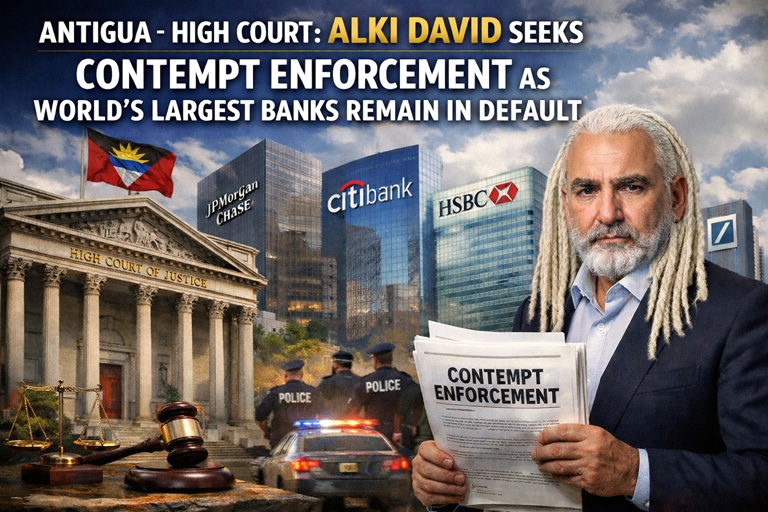Jair Bolsonaro has been taken into custody after being determined a concrete flight risk while under house arrest.
The former Brazilian president was found guilty of plotting a military coup in September and sentenced to more than 27 years in prison, but he remains under house arrest pending appeals.
Brazilian Supreme Court Justice Alexandre de Moraes said the move to detain the 70-year-old was a preventative measure after new facts came to light.
This included attempting to break his ankle monitor and a call for a public vigil that could allow for a possible escape.
In a filing authorising the arrest, Justice Moraes detailed information from the center monitoring Bolsonaro's house arrest which indicated his intention to break the electronic ankle bracelet to ensure success in his escape.
A demonstration called for by his son Flávio could have created the confusion necessary for an escape.
Flávio Bolsonaro wrote on social media on Friday: Are you going to fight for your country, or watch it all from your phone there on your sofa? I invite you to fight with us. He claimed the vigil was aimed at praying for his father's health and the return of democracy in Brazil.
Justice Moraes also noted the risk of Bolsonaro seeking refuge in foreign embassies, particularly as the US embassy is situated just 13 km from his home.
The legal troubles surrounding Bolsonaro have prompted backlash from fellow populist leaders including US President Donald Trump, who reacted by imposing a 50% tariff on imports of Brazilian goods.
Currently, Bolsonaro is held at a Federal Police station in Brasilia, with a custody hearing anticipated on Sunday.
Bolsonaro's legal representatives recently requested the Supreme Court to allow him to serve his whole sentence under house arrest, claiming he needed regular medical treatment for ongoing health issues.
Found guilty of orchestrating a coup to maintain his grip on power after losing the 2022 presidential election to Luiz Inácio Lula da Silva, Bolsonaro's sentence includes a prohibition from holding public office until 2060, with appeals ongoing amid claims of political persecution. Justice Moraes highlighted that the coup included plans for violence against Lula and judicial authorities, which ultimately failed due to a lack of military support.
}




















